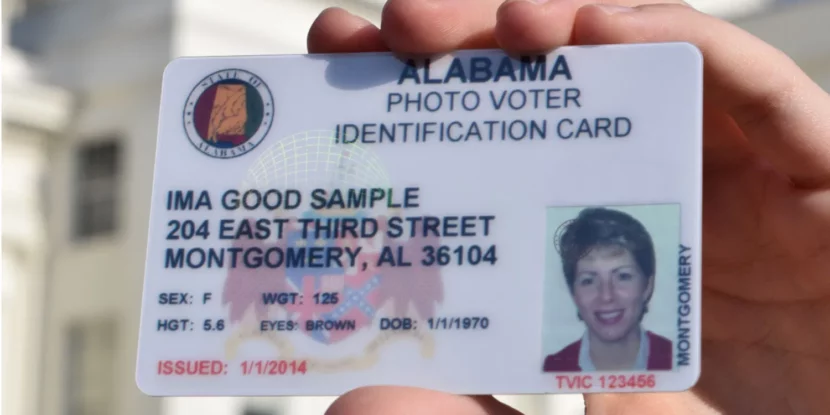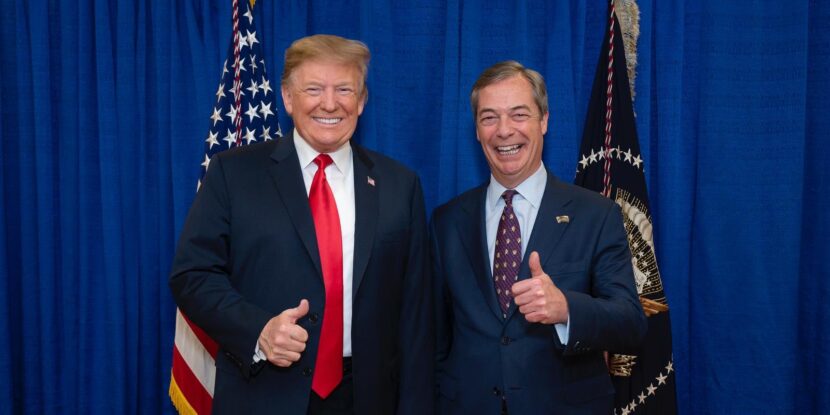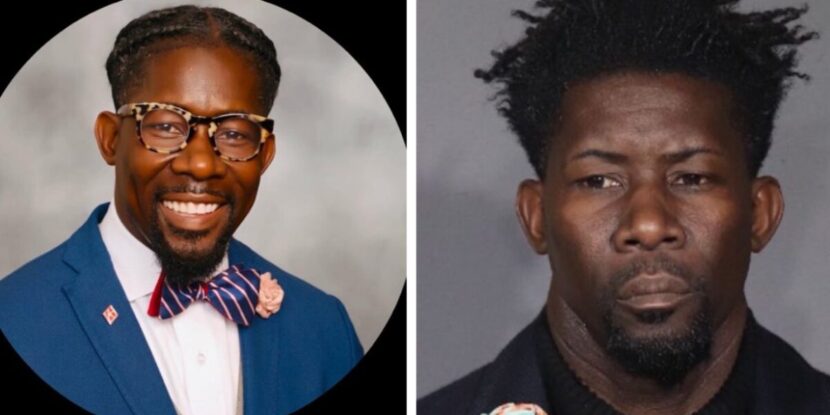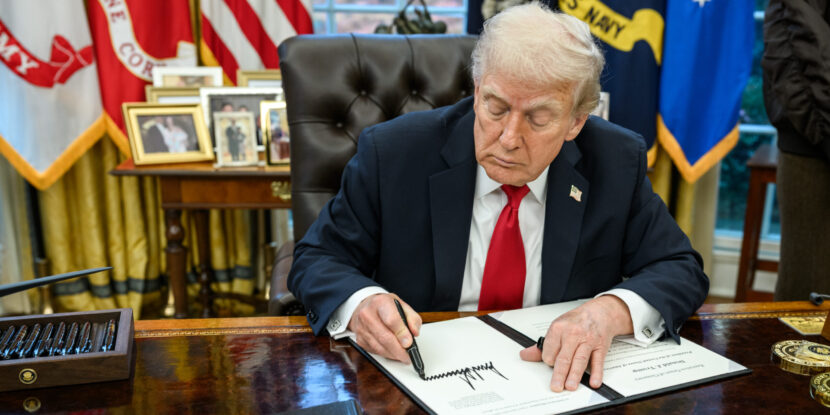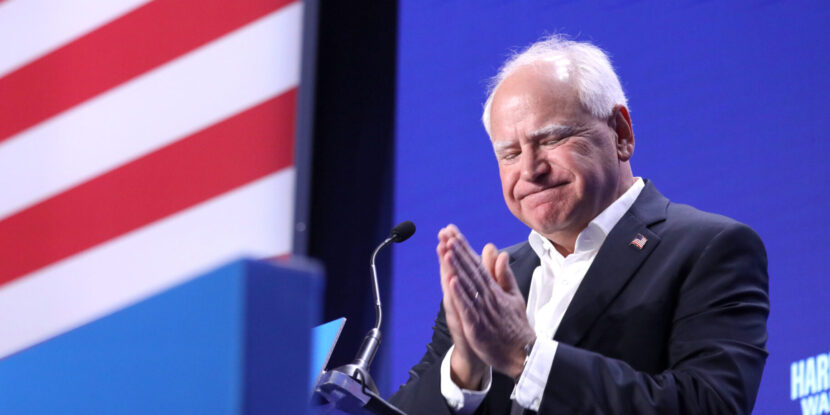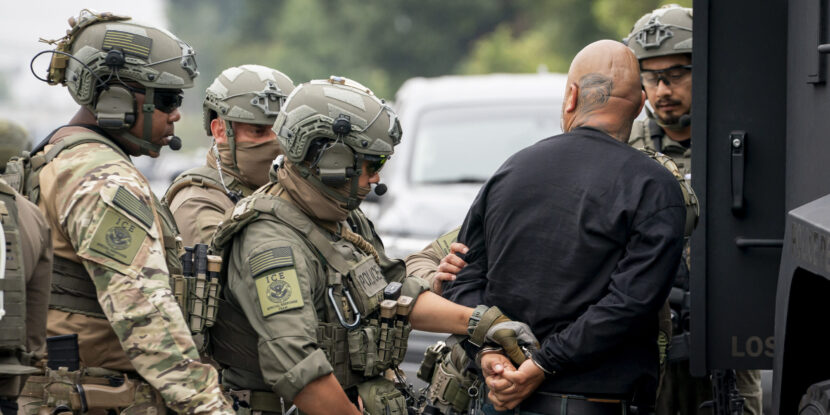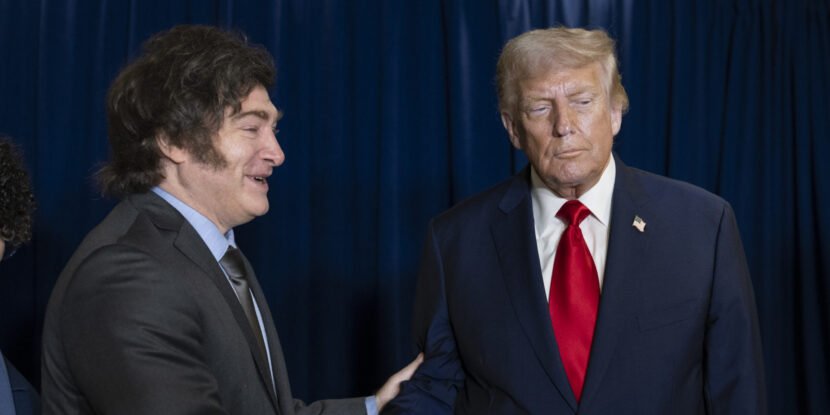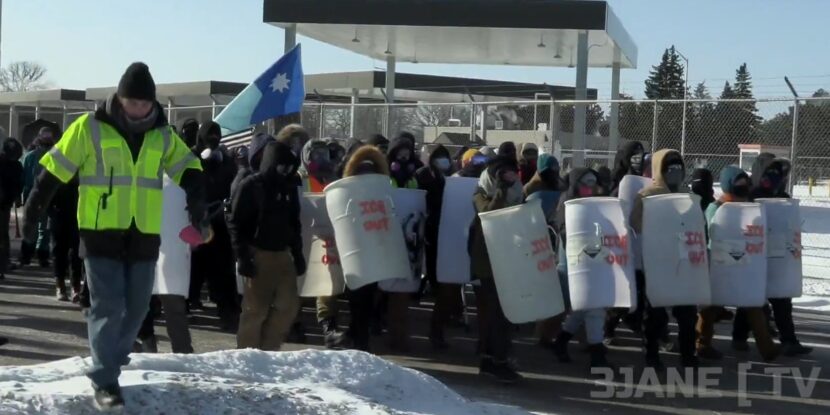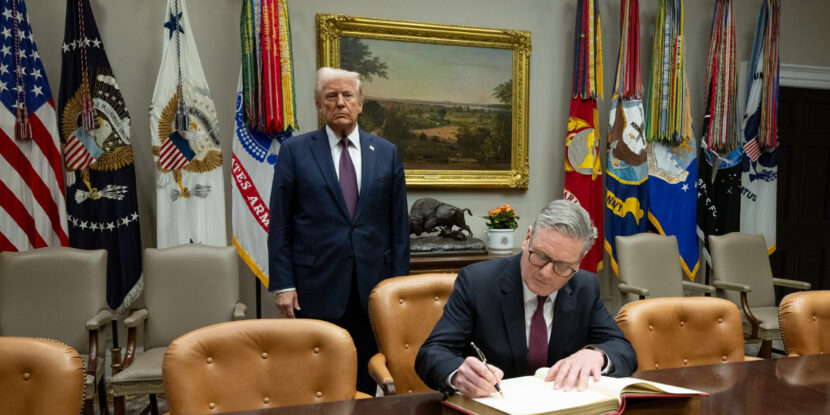PULSE POINTS:
❓What Happened: Republican lawmakers in numerous state legislatures across the United States have put forward proposals aimed at requiring documentary proof of citizenship and voter identification to register to vote and obtain a ballot.
👥 Who’s Involved: Republican legislators, President Donald J. Trump, the Brennan Center for Justice, the Voting Rights Lab, and other advocacy groups are involved in the ongoing discussions and actions regarding these voter regulations.
📍 Where & When: Proposed in various states across the U.S., these legislative actions have followed Trump’s influence in the aftermath of the 2024 elections.
IN FULL:
Amid ongoing debates about election security, Republican lawmakers across nearly half of U.S. state legislatures have introduced bills targeting stricter voting requirements. These efforts focus on requiring documentary proof of citizenship for voter registration and mandating photo identification to cast ballots. Conservative groups in states like California are pushing for ballot measures alongside these legislative efforts.
In Pennsylvania, a Republican legislator has proposed a voter ID law in the swing state, drawing parallels to voter decisions in Wisconsin favoring stricter identification laws. These legislative moves resonate with President Donald Trump’s emphasis on election integrity.
The legislative efforts coincide with the U.S. House’s approval of the Save Act, a bill requiring voter citizenship proof and limiting registration methods. This bill reflects a broader push for tighter regulations nationwide. Trump has further backed these measures through an executive order emphasizing the need for citizenship documentation.
States such as New Hampshire and Louisiana have enacted laws requiring proof of citizenship for voting, with other states like Texas considering similar proposals. Alongside these laws, some states have enacted or proposed additional restrictions, including limiting who may assist voters with ballots and measures affecting absentee ballot processes.
Critics, such as Andrew Garber of the far-left Brennan Center, argue these initiatives are based on unfounded allegations of voter fraud that risk disenfranchising eligible voters. But left-leaning groups have yet to show anyone who has been disenfranchised besides those who are not eligible to vote in the first instance.
Besides legislative actions, state-level initiatives have seen challenges to direct democracy processes, as exemplified by moves in Arkansas and South Dakota. A judicial challenge in North Carolina by Jefferson Griffin, a judge contesting his election loss, has underscored the contentious nature of voting rights debates. The state appellate court temporarily sided with Griffin’s call for voter eligibility proof pending further consideration by the state’s Supreme Court.
